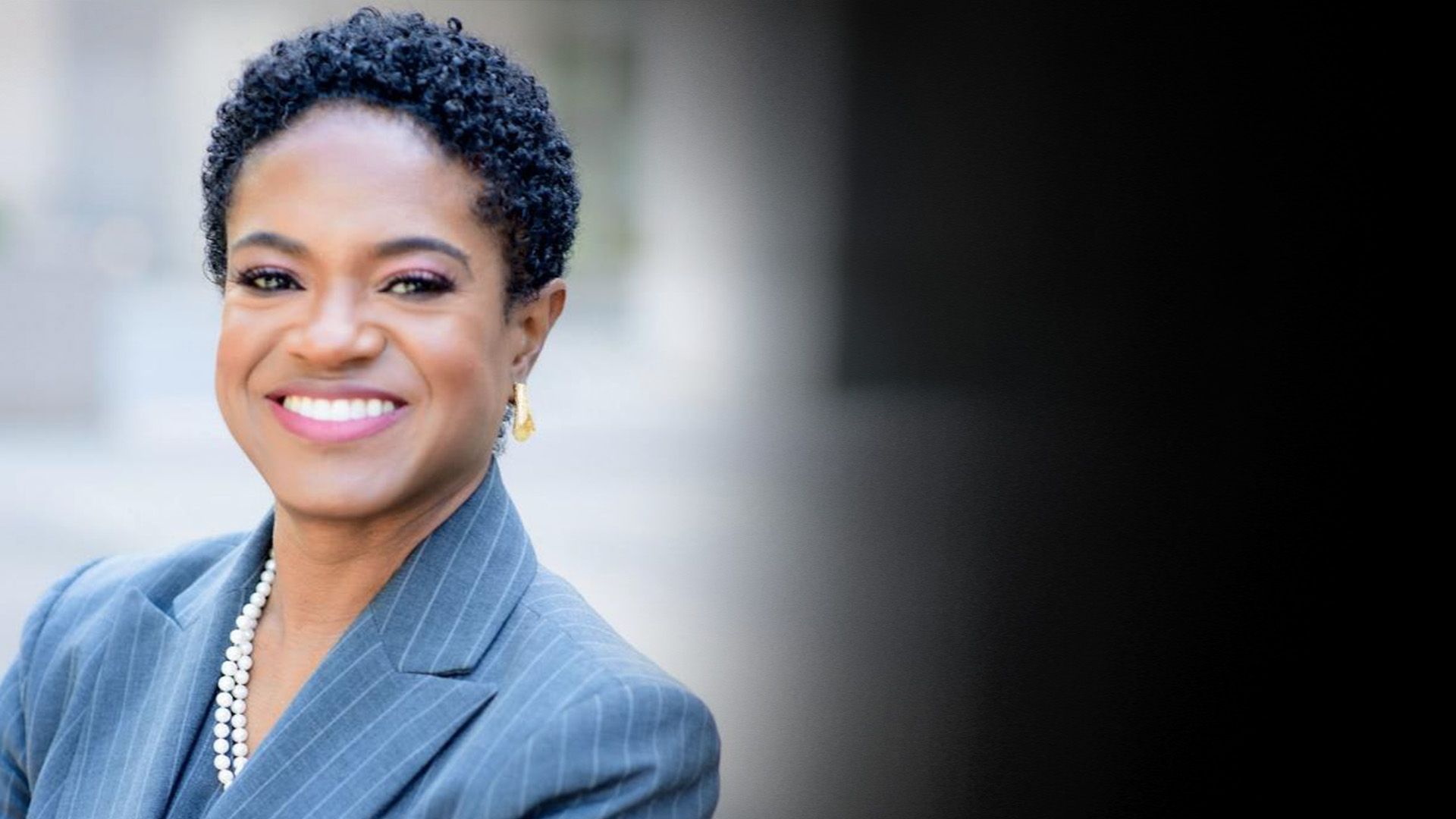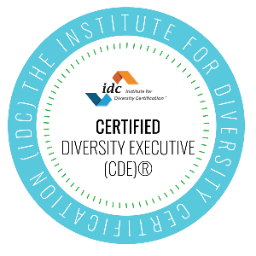7 Ways Leadership Can Support D&I Initiatives
A big reason I do the work I do is for people to see Diversity and Inclusion as a leadership function and not just as a ‘nice-to-have’ on the side.
So many people see Diversity and Inclusion as the work of the people who carry the “title” or even the responsibility of the HR professionals – when in reality it is a leadership competency.
I wish to share different ways I believe are important for leaders to actively support D&I initiatives in their businesses and organizations.
When D&I is viewed in the light of leadership competency, it tends to take on a different mindset where people are more intentional in their methods to identify opportunities to help foster inclusivity.
And as McKinsey
says, “New research makes it increasingly clear that companies with more diverse workforces perform better financially.”
1.
Become Culturally Competent
.
Cultural competence can be defined as “the ability for a person to identify, understand, and connect with people across different cultures” ( ACHA
).
I find a lot of people drive towards political correctness when we should be gravitating towards becoming fluent in other cultures and learning to understand them. Otherwise, if we aren’t culturally educated, it can lead to stereotyping, cultural bias, blind spots, and more.
Leaders need to take responsibility for learning other cultures and expanding their cultural networks. Just by interacting with people from a different culture can help to decrease cultural bias and increase cultural competency.
It can sound obvious that to be more diverse and inclusive, you need to be more culturally competent. But this will automatically minimize so many of the blind spots that occur that lead to inclusion being compromised.
This article from Diversity Awareness
magazine shares that “Regardless of whether our attitude towards cultural differences matches our behaviors, we can all benefit from improving our cross-cultural effectiveness.”
This can be done in so many ways: simply by reading a book from an author of a different cultural background, starting to learn a new language, taking in media and news from a different culture, expanding your travel to completely new places, broadening your network to include people of diverse backgrounds, or simply reading and researching different cultures.
2. Be Proactive and Take Initiative.
I believe that leaders should make it a habit and a practice of having a sense of curiosity around what happens in the space of Diversity and Inclusion.
Being proactive and taking initiative is the first step to learning, then comes understanding, then comes impact and making a difference.
What does this look like?
- Find time to initiate conversations with the person/team that’s charged with the diversity work. Make sure that you are approaching them in a way that resonates. Be sincere. Really mean it. Directly ask questions to engage beyond the surface (i.e. “How can I help support your work?” “What are some trends in the D&I space right now?” “What would be most useful to you to successfully execute this D&I initiative?”)
- From time to time, go to the events of different Business Resource Groups/Affinity Groups – you don’t have to be a part of that particular demographic, but you can integrate and learn. Most importantly, you can be an ally. Your presence will send a strong message and model to other leaders on the importance of allyship.
- Constructively evaluate if there are ways you can better support systemic change that lead to sustainable impact. For example, your support of re-architecting decision-making practices (hiring, promoting, etc.) to ensure they are done with a lens of inclusion can be of tremendous value.
By taking initiative, you can actually see these actions increase the effectiveness and raise awareness of D&I work across teams, leadership, and organizations.
3. Know the Numbers
A lot of leaders will make it a priority to know the business numbers and data with many of the standard business divisions: Accounting, Customer Service/HR, Sales, Operations
D&I is usually treated as secondary or tertiary (or not at all).
Whenever you’re having conversations around new products or services, leaders often “know enough to be dangerous” in regards to numbers and data. There are certain departments that rise to the top of someone’s mindset that leads them to initiate a level of engagement with those disciplines.
We need to shift the mindset
that if we are going to make a real change and have D&I increase its level of awareness and effectiveness — data and numbers must be treated just the same.
It’s important to see D&I as fully integrated into the business departments. The level of excellence, leadership, and data-gathering across ALL levels of business should be the same.
There needs to be this sense of expectation for leaders that all department heads are valuing and finding ways to be a strategic partner and building strategic alliances within D&I.
D&I is an afterthought right now, but we must treat it with the same level of significance as other key operations.
4. Reinforce the Need for Metrics and Success Tracking
Building off the last point, we need to really amplify and reinforce the need for metrics and tracking of D&I business and organizational successes.
What gets measured and tracked is what gets supported by financial and human capital resources.
If you don’t care about it enough, you won’t track it. If you require some level of reporting for D&I, that sends a message that it’s important to the organization.
So, how do you track?
One way is to do a baseline report. Have someone come in to do an audit or assessment to see where you are at with your D&I initiatives. Analyze the pulse of cultural responsiveness. I like to collect both qualitative and quantitative data (through an employee questionnaire/survey along with focus groups, 1-on-1 interviews, etc).
The Stanford Social Innovation Review
shares similar tips:
“Set a baseline. Audit diversity at your organization to assess your current practices. Identify a set of metrics based on your customized vision and strategy, and ensure that your metrics are measuring both inputs and outputs. Review your key performance indicators annually at board of directors level and at least quarterly at executive level”
Once you have baseline metrics, you can then track success and improvements (or lack thereof) as you move through the business year.
5. Integrate D&I Into Routine Business Meetings and Operations
Invite the D&I leader to be a part of essential opportunities that occur within the organization. With greater visibility, comes great notoriety and greater respect.
For example, if you have board meetings throughout the year, you can create agendas for those board meetings with specific D&I discussions.
How often are you thinking of updates for company leadership for equity, diversity, and inclusion? Bring your D&I leader in to talk about it. Have the D&I person be a part of high-level strategic discussions and planning opportunities for organizing. Make D&I a routine discussion and business point in these meetings.
These are ways to embed
D&I into the operations of the organization. There are ways to make it more normal and less of a “talking point”. With integration comes heavier involvement with normal business practices.
6. Enforce a High Level of Accountability
In my opinion, one of the greatest
ways to support this work is to enforce a high level of accountability across the organization. All employees should be held responsible to help foster inclusivity.
This is not meant to be a punishment and can be done in a positive, supportive way.
This article from Yale shares this view
: “Leaders need to know that they have to build accountability into their systems with regard to their managers taking responsibility for creating a diverse and inclusive work environment. “
For example, what a lot of organizations will do is they’ll find a way to incorporate D&I into the performance review process.
What this does is demonstrate that these are part of your core values as an organization, and once these are part of your core values, they foster inclusivity. But — there has to be an expectation that people are having those lived experiences and facilitating that within the workplace.
Make sure to create rewards and recognition around D&I so people can see this practice as a true expectation.
7. Amplify the Conversation (Talk About it Often)
Lastly, we want to not only have the conversation about D&I, but we want to amplify
it.
Don’t just talk about it and have it present, but talk about it often, frequently—pretty much all the time.
This could be done in newsletter, emails, board meetings, staff meetings, social media posts, etc – make sure there is ALWAYS communication around it.
This might mean that leaders have to be intentional enough to say:
“Ok, on the first week of every month, I’m going to make sure there is some level of activity and support for D&I. I’m going to have a bi-weekly lunch with a practitioner, get a briefing, and have a recap and analysis meeting.”
I find this to be incredibly important because a lot of organizations will do the inclusivity work, but they will do it “ under the radar
”. This can actually have an adverse effect on the work’s progress because then it’s not top of mind.
I am a real fan of amplifying the work. Make it clear that whatever efforts you’re doing, when you foster leadership and D&I – you’re connecting those dots. It’s not going to happen organically.
It Starts with Leadership
All of these points support the body of work that helps to support leadership. When leaders are activated, intentional, and aware of D&I work, they can more effectively reach the business, move the needle forward, and ripple progress throughout the organization.
How are you helping leaders support Diversity and Inclusion?

